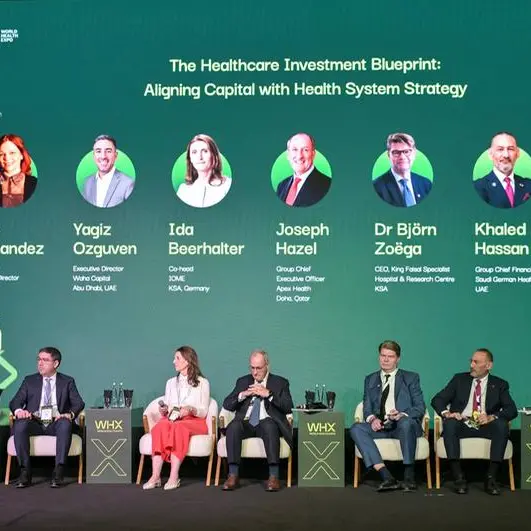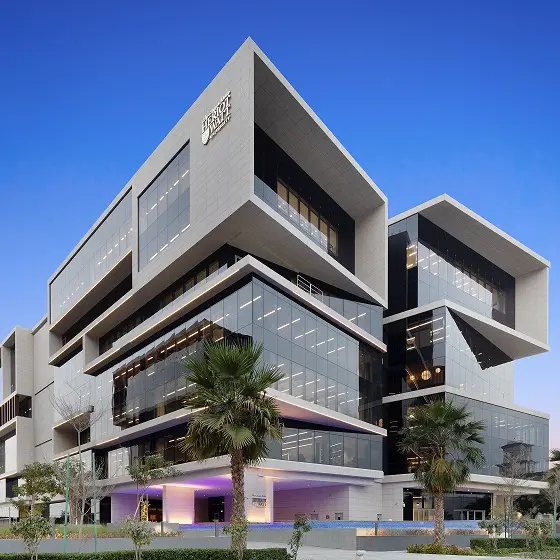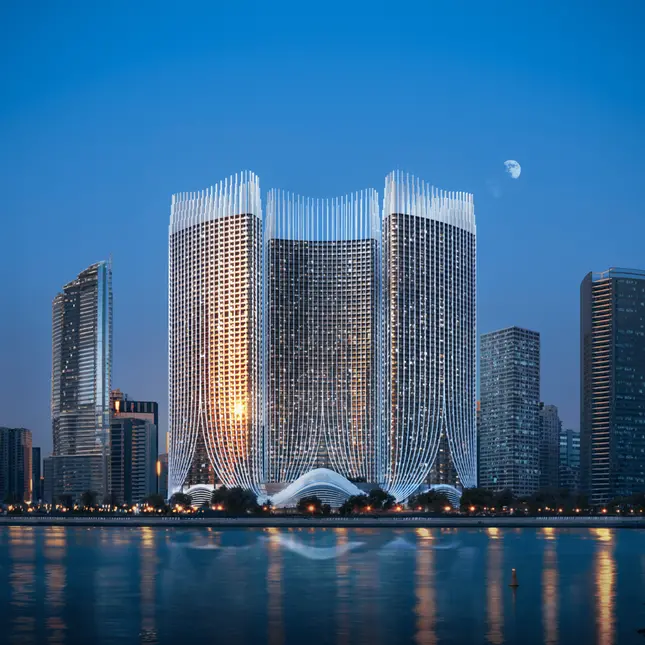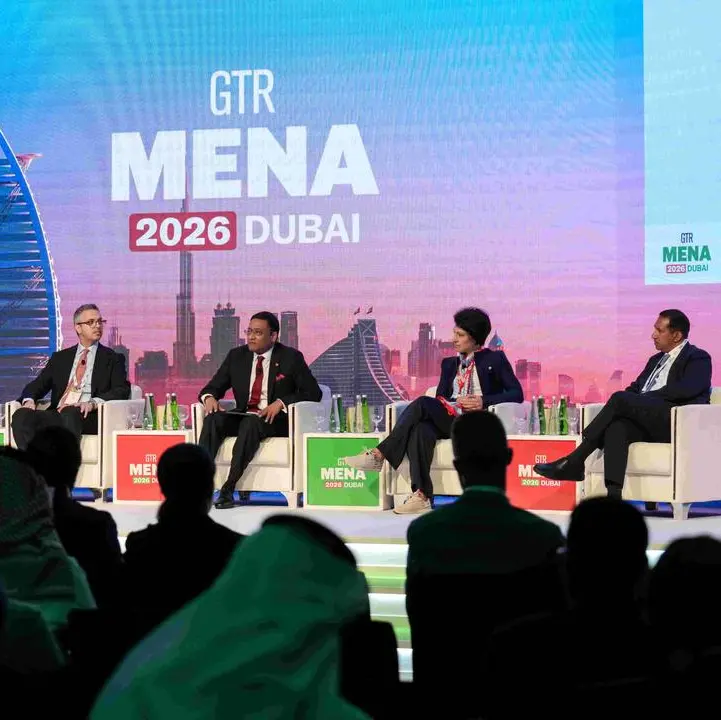DUBAI – Showcasing developments that will change the way we live in the future, Expo’s specially curated ‘Cities of the Future’ visitor journey plots a tour through Country Pavilions that illustrate how advanced materials, smart technology and big data are making citizens safer, healthier, happier and more productive.
By 2050, the world’s population is expected to reach 9.8 billion, with 6.7 billion living in urban areas, meaning that the cities of tomorrow cannot be accidental in their design. Sustainable cities of the future will be one of the topics explored during Expo’s Urban and Rural Development Week, which runs from 31 October to 6 November and probes how we must transform the way we move, build, consume and live in the habitats of the future.
Expo visitors have the opportunity to see some of the latest innovations via the ‘Cities of the Future’ visitor journey. From buildings that incorporate natural elements to spaces that can quickly transform to meet changing housing or business needs, these Country Pavilions demonstrate how we can thrive in the face of challenges and change.
The France Pavilion invites visitors to discover its vision for the cities of the future – from designing the next shared vehicle to introducing a cutting-edge solution to access remote areas, it showcases projects and territories that contribute to the evolution of cities.
The Belgium Pavilion hones in on smart mobility and examines how AI can be used to help solve the pressing issues of our time. Reflecting the country’s trademark ‘Belgitude’ – an expression of the Belgian soul and identity – the pavilion demonstrates how it is charting a course for the future with industrial, technological and scientific prowess.
Embracing nature, the Poland Pavilion consists of a tree-like wooden structure, with a kinetic sculpture representing flying birds. Inside, visitors can discover municipal policy and the presentation of modern solutions in the fields of urban planning and city transformation.
New solutions in construction and planning await at the Estonia Pavilion, as part of a special exhibition. Here, Estonian capital Tallinn, its second-biggest city, Tartu, and the TalTech University, the only technical university in the country, present solutions for smart cities and future living.
The point made by the Malaysia Pavilion is that cities of the future need to embrace carbon-reduction strategies, and all of the opportunities and challenges they present. With an ‘Energising Sustainability’ theme, the pavilion itself is net-zero, offsetting emissions released through the construction, operations and materials.
Located in the Sustainability District, the innovative, interactive and collaborative Sweden Pavilion, known as ‘The Forest’, brings to life a growing and perfectly balanced ecosystem. Under the theme ‘Co-Creation for Innovation’, it shows an array of best-practice examples for smart cities, next-generation transport and the bio-circular economy.
At the Guinea Pavilion, visitors can discover how the country’s Vision 2040 initiative serves as a blueprint for the African city of tomorrow, with new ways to contract sustainable housing that is more resilient to climate change, and combines ancestral methods with modern technology.
Next, visitors can put the cities of today (and tomorrow) to the test at the Future City Lab at the Germany Pavilion, while exploring interactive exhibits to discover how cities will function in decades to come.
The India Pavilion showcases the ‘Smart City Mission’, an urban programme making smarter and more sustainable cities across the vast South Asia economic powerhouse.
From smart homes to intelligent agriculture, the China Pavilion features plenty of ground-breaking innovations, inviting visitors to experience the latest 5G, AI and smart travel.
Cutting-edge research and development that will help design the cities of the future is a key feature of the Baden-Württemberg Pavilion – a wooden hybrid ‘house’ that embodies the innovation and sustainability of the German region.
One of the first global mega-events to take place since the beginning of the COVID-19 pandemic, Expo 2020 runs from 1 October 2021 to 31 March 2022, inviting visitors from around the world to join the making of a new world, experiencing a six-month journey of human creativity, innovation, progress and culture.
© Press Release 2021
Disclaimer: The contents of this press release was provided from an external third party provider. This website is not responsible for, and does not control, such external content. This content is provided on an “as is” and “as available” basis and has not been edited in any way. Neither this website nor our affiliates guarantee the accuracy of or endorse the views or opinions expressed in this press release.
The press release is provided for informational purposes only. The content does not provide tax, legal or investment advice or opinion regarding the suitability, value or profitability of any particular security, portfolio or investment strategy. Neither this website nor our affiliates shall be liable for any errors or inaccuracies in the content, or for any actions taken by you in reliance thereon. You expressly agree that your use of the information within this article is at your sole risk.
To the fullest extent permitted by applicable law, this website, its parent company, its subsidiaries, its affiliates and the respective shareholders, directors, officers, employees, agents, advertisers, content providers and licensors will not be liable (jointly or severally) to you for any direct, indirect, consequential, special, incidental, punitive or exemplary damages, including without limitation, lost profits, lost savings and lost revenues, whether in negligence, tort, contract or any other theory of liability, even if the parties have been advised of the possibility or could have foreseen any such damages.



















